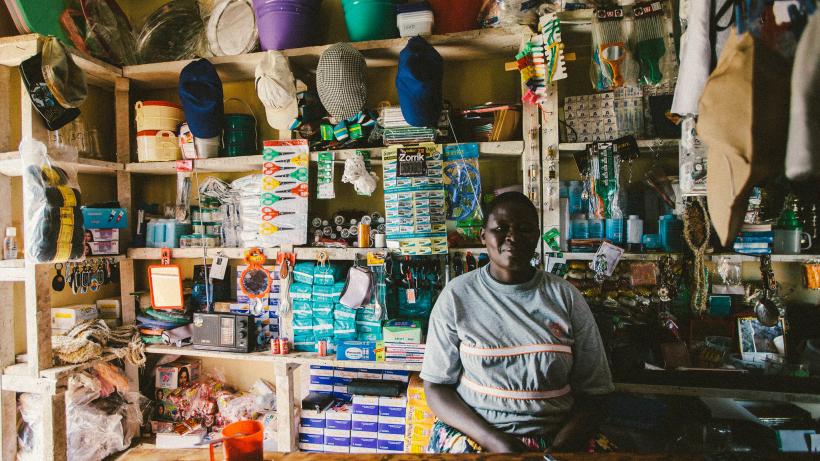
SMEs in Uganda: Profits and labour force shrink during COVID-19
-
Stryjan-et-al.-2020-Policy-Brief.pdf
PDF document • 443.16 KB
- While the strict lockdown measures implemented in many developing countries aim to prevent the spread of COVID-19, they also risk increasing poverty and vulnerability by lowering economic activity. Uganda experienced some of the toughest lockdowns in the world.
- This policy brief presents key findings from a panel of over 1,600 smal and medium-sized enterprises (SMEs) in Uganda, focusing on changes in trends following the lockdown.
- We find that the strict lockdown measures affected SME performance significantly, leading the firms to cut back on salaries and lay off workers. Specifically, profits went down by over 50% between January 2020 and August 2020, and over 20% of the firms laid off workers.
- For both profits and layoffs, the numbers look slightly worse for female as opposed to male entrepreneurs, although it cannot be said with certainty that the difference is caused by the COVID-19 crisis.
- First, entrepreneurs, especially women, had to divert time away from the business to care for household members and had to rely more on family networks for help, something which could lead to higher “kinship taxation” in the future, thereby affecting investments and profits.
- Second, a majority of both male and female firm owners reported issues with food security, even though our respondent pool were not particularly poor before COVID-19.
- Since SMEs are important contributors to growth and employment in the developing world, and create employment for a significant share of the labour force, it is essential to understand the impact of the crisis on the sector to develop appropriate policy responses.





